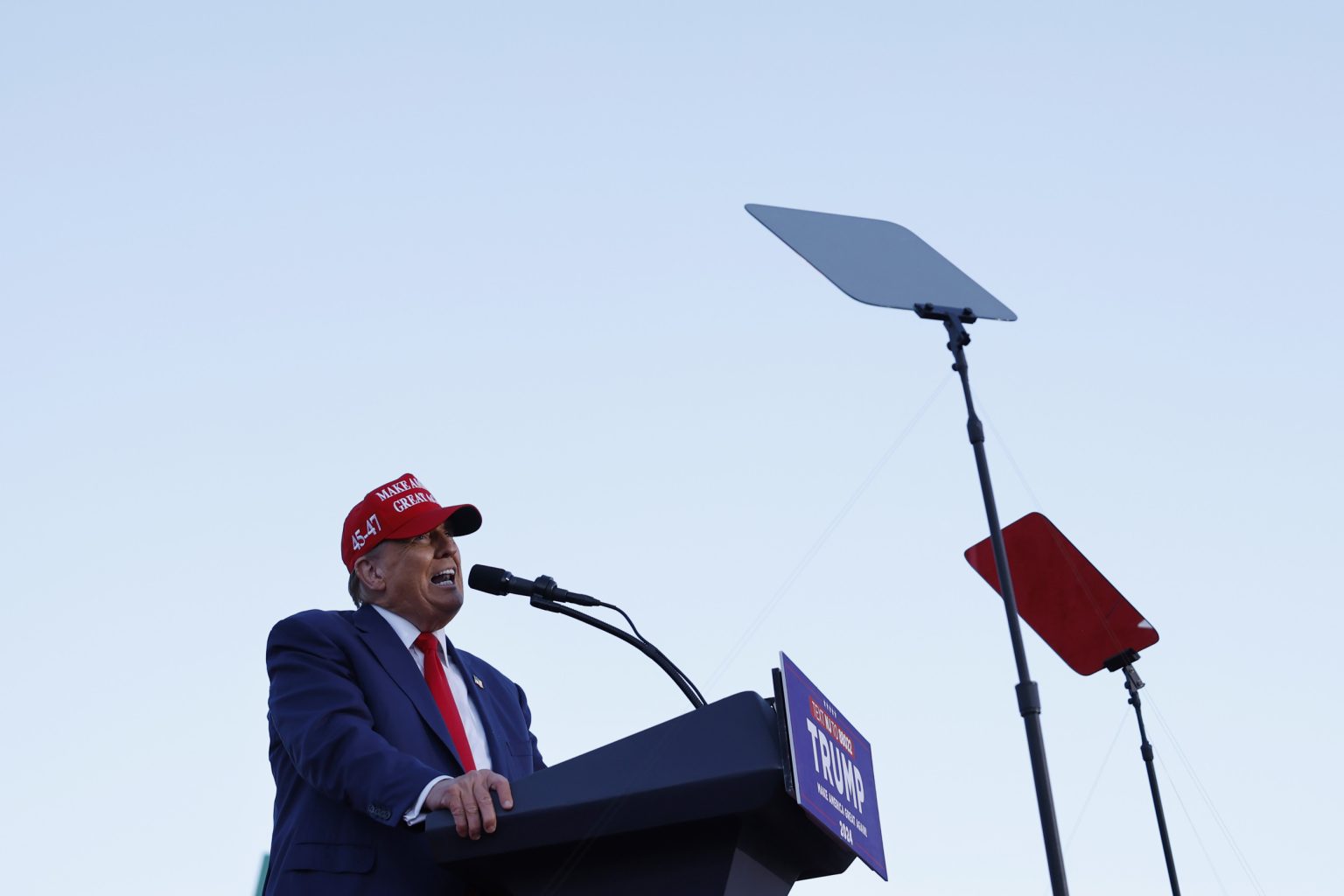District Judge Aileen Cannon, who was nominated and appointed by former President Donald Trump, has granted him a further boost in his classified documents case by extending a public platform to him through public hearings. This decision has sparked intense scrutiny, with critics arguing that it serves to validate Trump’s narrative of political persecution by President Joe Biden and others. Trump has consistently claimed he was unfairly targeted by political adversaries, particularly regarding investigations into his conduct while in office and beyond.
Former U.S. attorney Joyce Vance has accused Judge Cannon of giving Trump a public platform to legitimize his baseless allegations of being a victim of a political witch hunt. Vance has emphasized that Trump not only kept classified information he was not entitled to, but also obstructed efforts by the government to retrieve it, further clarifying his intent to violate the law. By holding hearings on Trump’s motions, Judge Cannon is providing legitimacy to his arguments, allowing him to freely speak his mind outside of the courtroom without cameras present.
The decision by Judge Cannon to provide Trump with a platform to reassert his claims of persecution comes against a backdrop of heightened political polarization. Trump’s base remains loyal to him, while critics continue to condemn his actions and rhetoric. The move is likely to intensify divisions and fuel debates, especially as Cannon recently postponed Trump’s classified documents case indefinitely in Florida. Trump is facing multiple felony counts related to illegally stockpiling classified documents at his Mar-a-Lago estate and obstructing the government’s attempts to recover them. He has pleaded not guilty to the charges.
The political atmosphere surrounding Trump’s case raises concerns about the impact of granting him a public platform to reinforce his claims of being politically persecuted. Critics worry that this validation could further embolden Trump and his supporters, perpetuating false narratives and undermining the credibility of the justice system. The decision by Judge Cannon has drawn criticism for potentially exacerbating these divisions and contributing to a more polarized political environment in the United States.
As the legal proceedings continue, with Trump denying any wrongdoing and vocally asserting his innocence, the case remains a focal point for both his supporters and detractors. The implications of Cannon’s decision to allow public hearings for Trump are far-reaching, highlighting the challenges of balancing judicial processes with concerns about political manipulation and public opinion. The outcome of this case and the public perception of Trump’s defense against the charges will likely have lasting effects on the broader political landscape in the country.


